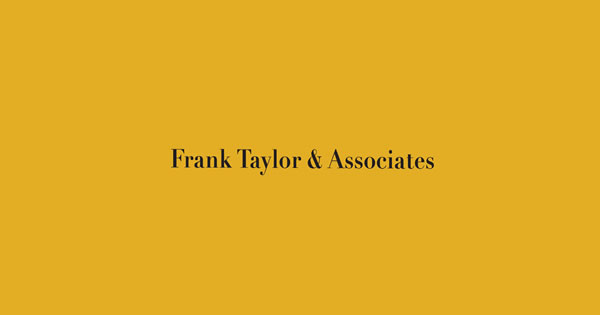You can argue that valuing dental practices is art or science – the reality is it’s a bit of both. If you just follow science and base a goodwill valuation around financial measures (gross, profit, EBITDA etc.) alone without taking into account factors such as location and demand then you will come up with a distorted value. Equally, you cannot disregard the real financial performance and just base a goodwill valuation on the lovely leafy location and great demographics of the area. There is a need for balance and a broad range of experience to assess the elements and really get to the core of the business.
This attention to detail also filters through to how equipment is assessed. Most dentists are passionate about delivering the best dentistry they can, and to do this requires good equipment. The range and quality of the equipment can vary widely practice by practice. To apply a set amount per surgery (or worse still per practice) is unacceptable which is why it is important to appoint a valuer that has the skills and expertise to assess this aspect of your practice. You may think this is an odd point to highlight, but the majority of valuers do not have the knowledge and experience to value dental equipment.
A practice that has a comprehensive digital x-ray system, high specification decontamination room and microscope would, quite rightly, expect a premium for this equipment over and above a practice that is well equipped, but fit for purpose.
Having the necessary expertise in this area matters, a lot. It is not uncommon for an amount of £7,500 per surgery to be applied as a blanket figure. However, if you had purchased a Sirona C8+ chair package six months ago along with a Carestream CS 8100 3D x-ray system you would quite rightly expect this to be factored in to your valuation.
It is this detail that not only means you get a more accurate valuation but also gives you the confidence that you have engaged with a true specialist.

















